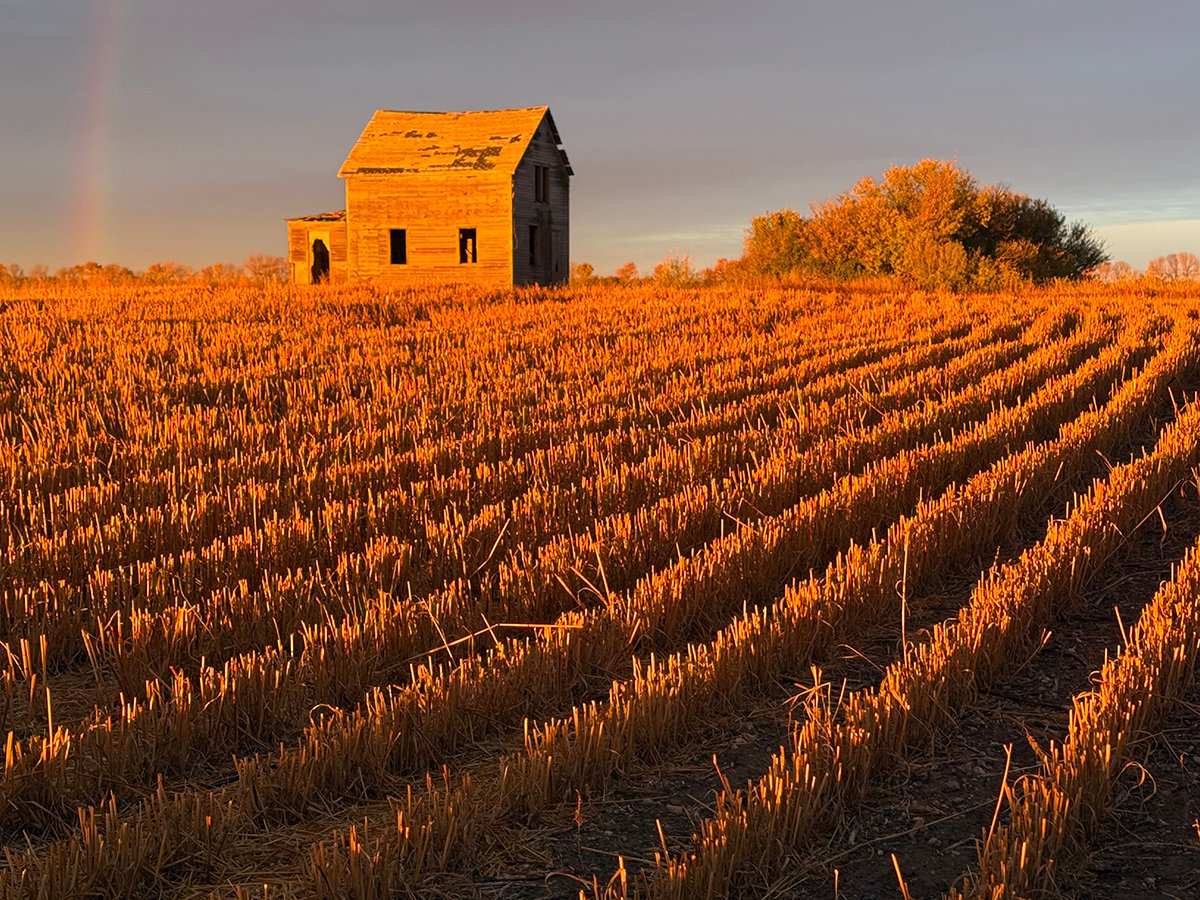There is no guarantee prairie farmers will benefit from Ottawa’s plan to establish a voluntary Canadian Wheat Board, says its chair.
Speaking to reporters last week, Allen Oberg questioned the merits of a voluntary board, saying there is no assurance that profits derived from grain sales would be retained by the voluntary board or returned to farmers.
Oberg acknowledged that government concessions contained in Bill C-18, including guarantees from Ottawa to cover initial prices and provide credit and preferential terms of borrowing, would improve a voluntary board’s chances of surviving in an open market.
Read Also

Forecast leans toward cooling trend
July saw below average temperatures, August came in with near to slightly above average temperatures and September built on this warming trend with well above average temperatures for the month.
However, he stressed that the voluntary board would be run by government-appointed directors rather than farmer-elected directors, and he questioned whether profits would be siphoned off by government or returned to growers.
“The concessions that government has made will increase its (the voluntary board’s) chances of survival, but I think what’s important here is the loss of value to farmers,” Oberg said.
“We’re moving from an organization where all the profits, all the premiums that are gained, go directly back to farmers, (and we’re moving) to an organization that’s essentially owned by government ….”
News of the voluntary board has spawned mixed reactions from the grain industry.
Terry Boehm, president of the National Farmers Union, said his organization called the voluntary board a “shadow entity” that has no merit.
Boehm said it is unlikely that a voluntar y board would continue to operate as a viable commercial entity, given that it has no grain handling infrastructure and would depend on its competitors to move its grain.
“The legislation does mention government guarantees for the initial prices, but at the same time, it doesn’t give the new entity any (assurance of) … access to grain handling or terminal facilities so it becomes completely dependent on what would be it’s direct competitors,” said Boehm.
Richard Phillips, executive director of Grain Growers of Canada, said his organization is pleased with provisions for establishing a voluntary board.
He said the GGC views voluntary pooling as an important marketing tool that can allow farmers to reduce risks by pooling a portion of their crop.
Phillips said continuation of government guarantees will enhance the new board’s competitive position.
“We were very pleased to see a five-year guarantee for their initials and their borrowing,” Phillips said.
“If that had not been there, there would probably be no point in even talking about a voluntary wheat board because without access to capital, it simply could not have survived.”
Phillips said the new entity, with government guarantees, stands a good chance of surviving beyond 2017 if producers continue to support the concepts of pooling and cooperative ownership.
He said commercialization of the new entity in 2017 could involve some form of farmer ownership, be that a co-operative structure or other type of farmer controlled equity, to ensure that CWB assets are transferred to producers.
Appointing new directors with relevant experience in the grain handling and financial industries will be critical to the new entity’s survival, he said.















